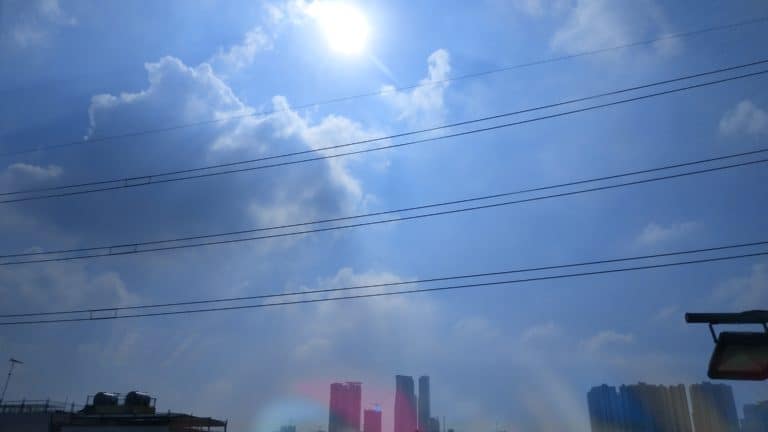
The government should financially reward supermarkets for selling more healthy products and fine those that don't, the Council for Public Health and Society said in advice published on Monday. The Council pointed to the , saying that the current measures in the Prevention Agreement are not sufficient to fight this trend. The public health institute RIVM expects the number of overweight Netherlands residents to increase from half last year to .
The number of people with chronic diseases will . Cardiovascular diseases, cancer, and diabetes cost society over 6 billion euros in healthcare expenses each year. The advice council thinks that a financial incentive for supermarkets to sell more healthy food can benefit public health.

Netherlands residents buy around two-thirds of their food in the supermarket, where 79 percent of the - the government’s official information model on healthy eating. “Many people want to eat healthy, but the supply of unhealthy food is overwhelming and almost irresistible,” the council said. Supermarkets’ layouts also encourage unhealthy choices.
For example, most supermarkets have snacks at the checkout. “The question arises whether healthy eating is such a free choice,” the Council said. The National Prevention Agreement, aimed to combat unhealthy habits and thereby decrease lifestyle diseases, focuses on voluntary action by manufacturers and consumers, the council said.
The rise in obesity shows that this is not sufficient. The council advised the Ministry of Public Health to set up a committee of experts to establish a reward system for supermarkets. This committee should also develop a single standard to determine how healthy a food product is.
.











